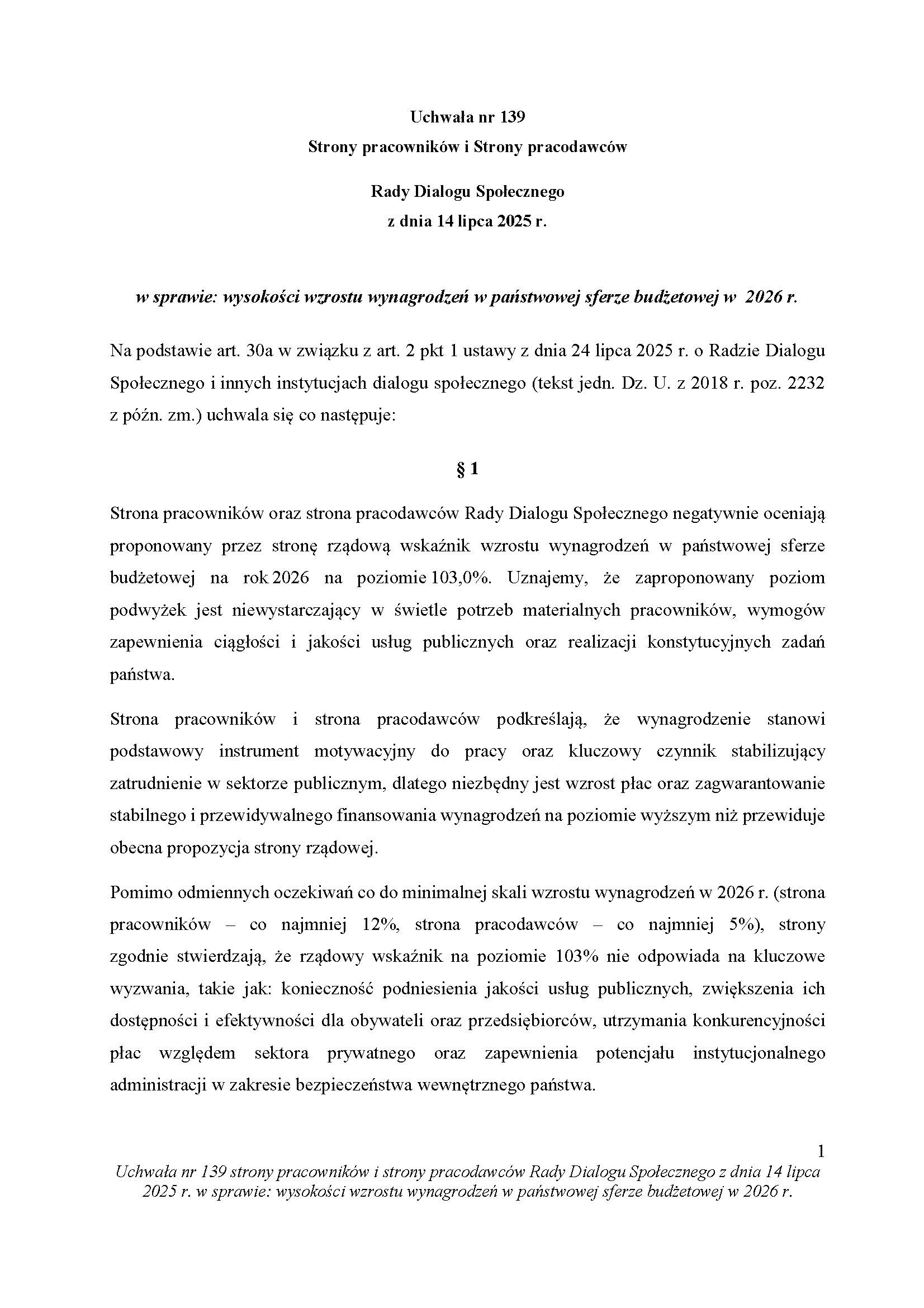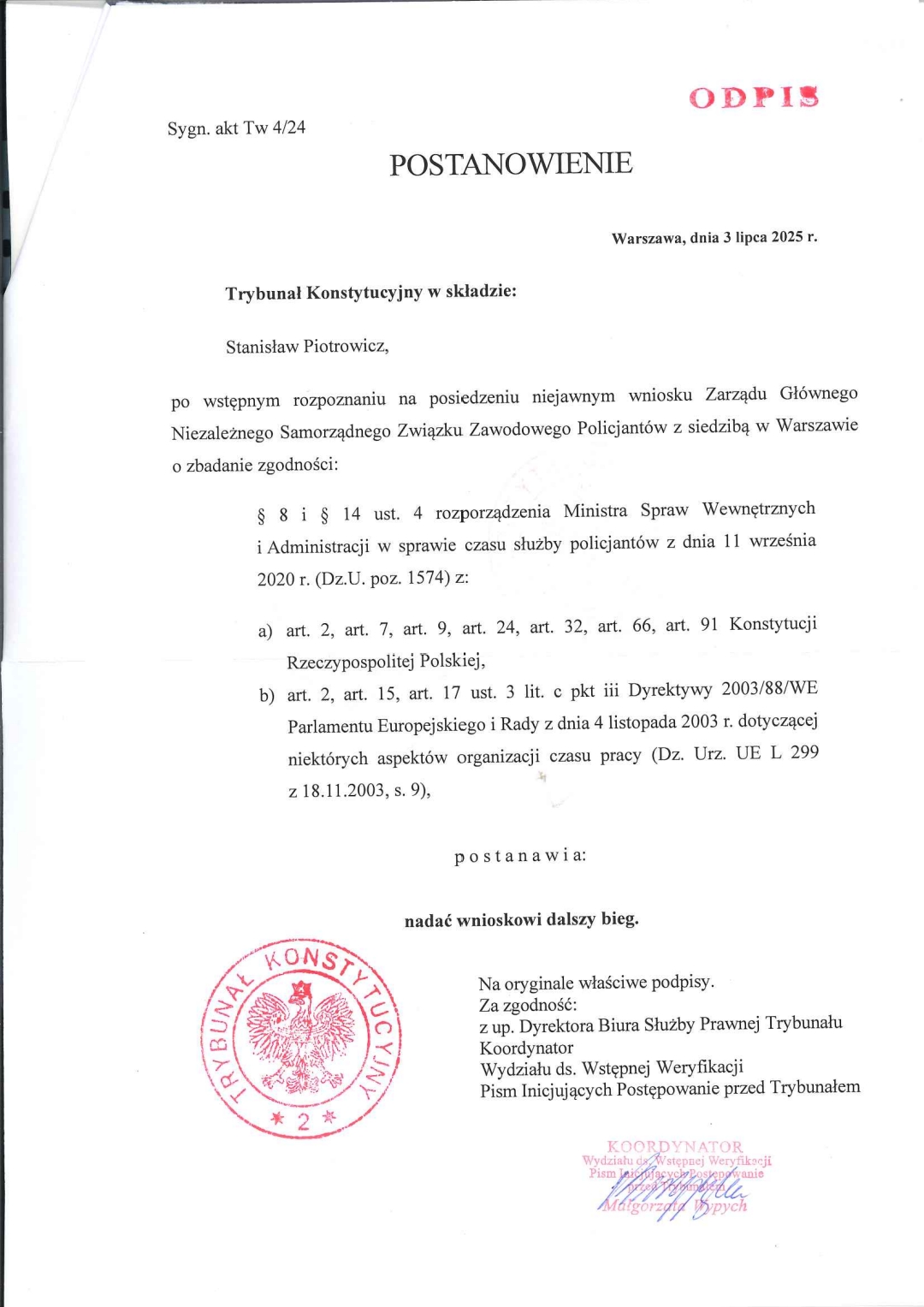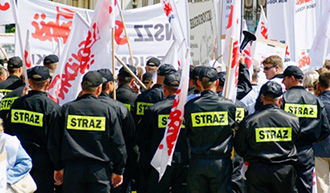
MANCHESTER— A British Airways (BA) flight en route to Belfast City Airport (BHD) from London Heathrow (LHR) was forced to divert following an in-flight emergency. Flight BA1410 declared a general emergency using transponder code 7700 approximately 30 minutes after takeoff on July 26, 2025.
The Airbus A319 aircraft, bound for Belfast City Airport (BHD), circled before diverting to Manchester Airport (MAN) due to a suspected cabin depressurisation issue. Emergency services met the aircraft upon arrival, and all passengers were safely disembarked.
 Photo: Nabil Molinari | Flickr
Photo: Nabil Molinari | FlickrBritish Airways Emergency Landing at Manchester
The incident involved British Airways Flight BA1410, operated by an Airbus A319 with a typical capacity of around 130 passengers.
After taking off from London Heathrow (LHR) at 08:05 BST, the flight crew initiated an emergency response when indicators suggested a possible cabin depressurisation—an event that can pose significant risks if not managed quickly.
Following standard aviation procedures, the crew broadcast a 7700 squawk code, alerting air traffic control to the general emergency.
The aircraft was placed in a holding pattern before diverting to Manchester Airport (MAN), which was equipped to handle such scenarios. Upon landing, the plane was met by emergency crews and airport ground staff.
Initial assessments point to a sensor malfunction as the likely cause. The sensor’s fault may have incorrectly signaled a cabin pressure issue, triggering the crew’s precautionary measures.
British Airways engineers performed a comprehensive systems check on the grounded aircraft while passengers waited in the terminal.
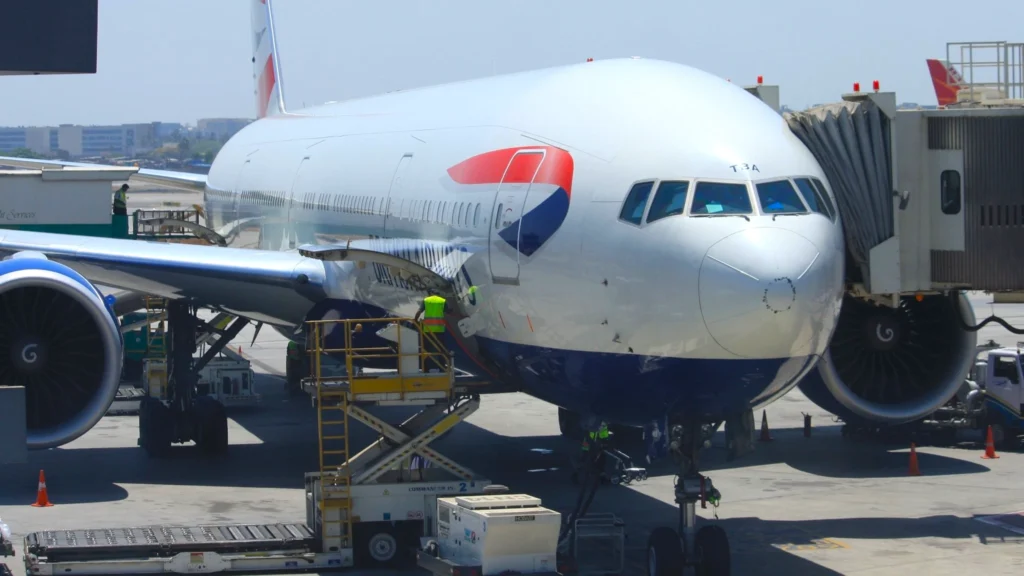 Photo: Andrew Thomas | Flickr
Photo: Andrew Thomas | FlickrPassenger Experience and Compensation Rights
The unplanned landing resulted in a delay of roughly three hours. A replacement aircraft was arranged to ensure passengers could continue their journey to Belfast with minimal further disruption.
Passengers on delayed or diverted flights like this may be eligible for compensation under UK aviation laws. Although the UK has left the EU, its air passenger rights remain similar to EU Regulation 261/2004, which protects travelers in cases of significant delays or cancellations.
According to Matthew Hall, managing director of airport transfer platform Hoppa, compensation eligibility depends largely on airline responsibility. Mechanical or technical issues—such as the one experienced in this incident—typically qualify for reimbursement. However, delays caused by extraordinary circumstances (e.g., weather or security risks) may not.
Specific compensation amounts vary by flight distance and delay duration:
- Short-haul flights (: Up to £220 for delays over 2 hours (reduced to £110 with prior notice).
- Medium-haul flights (1,500–3,500 km): Up to £350 for delays over 3 hours (reduced to £175 with more notice).
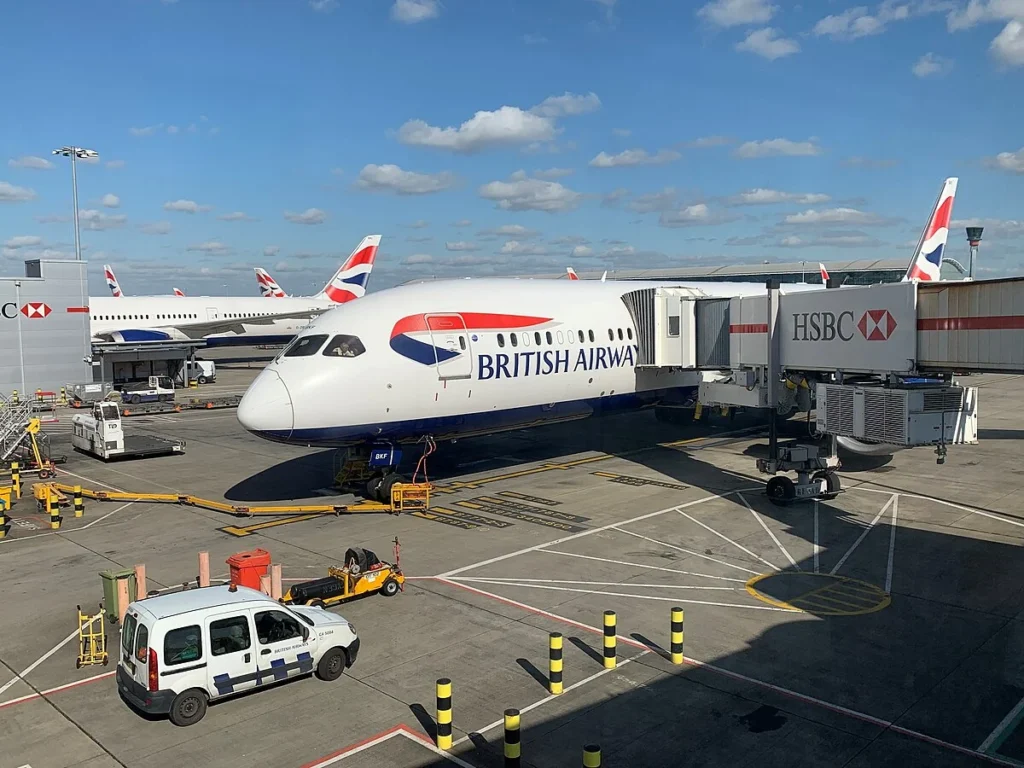 Photo- Tvcameraop; Wikimedia Commons
Photo- Tvcameraop; Wikimedia CommonsUnderstanding UK Air Passenger Rights
Travelers departing from or arriving in the UK on a UK or EU airline are generally protected under current regulations. Even if flights involve connections outside the UK or EU, compensation may still apply if they were booked as part of a single itinerary and the delay was the airline’s fault.
Key criteria for compensation eligibility include:
- Delay of more than 3 hours at the final destination.
- Airline’s responsibility for the disruption.
- Booking made under a single reservation, even if involving multiple flights.
Passengers affected by short-notice cancellations (under 14 days) or significant rerouting are also entitled to claim, depending on how much the change deviates from their original schedule.
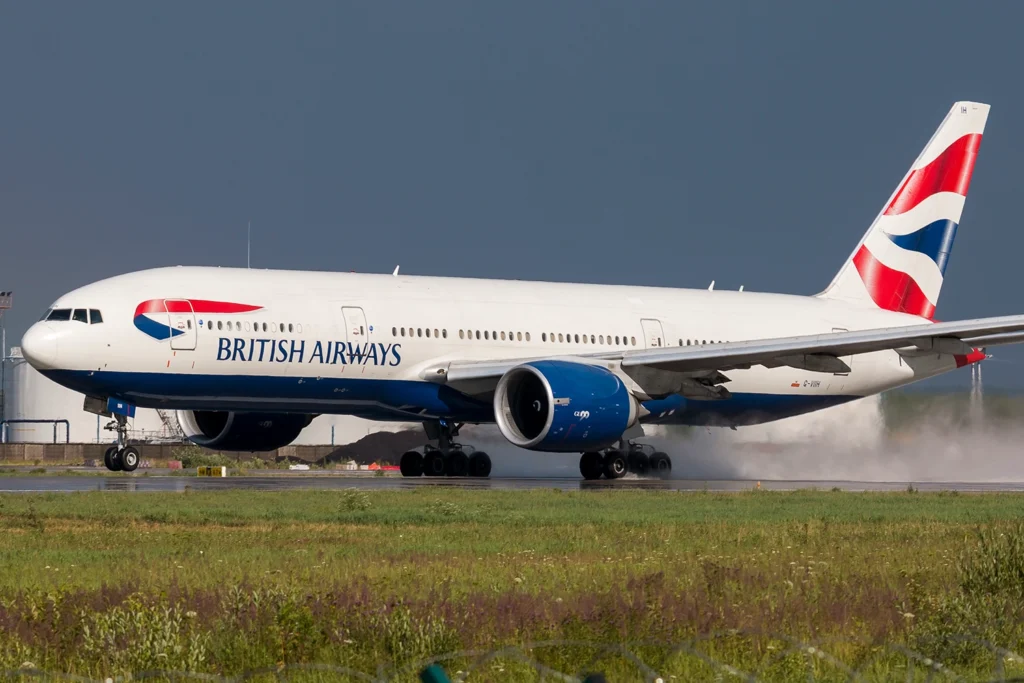 Photo: By Dmitry Terekhov from Odintsovo, Russian Federation – Boeing 777-200, CC BY-SA 2.0, https://commons.wikimedia.org/w/index.php?curid=50189243
Photo: By Dmitry Terekhov from Odintsovo, Russian Federation – Boeing 777-200, CC BY-SA 2.0, https://commons.wikimedia.org/w/index.php?curid=50189243Similar Incident
A British Airways flight bound for Cancun International Airport (CUN) made an emergency landing on July 16 after toxic fumes filled the cabin shortly after departure. Flight BA2203, operated by a Boeing 777-200, returned safely to Gatwick Airport (LGW) nearly one hour after takeoff.
The incident led to the deployment of oxygen masks for all 340 passengers, with cockpit windows opened for ventilation. British Airways (BA) confirmed a technical fault as the cause and issued an apology for the disruption.
British Airways Flight BA2203, operating on a Boeing 777-200 registered G-YMME, departed London Gatwick Airport (LGW) at 2:11 PM en route to Cancun (CUN).
Shortly after takeoff, crew members detected a foul odor in the cabin, described by passengers as resembling “used socks.” This unexpected situation led to discomfort among passengers and crew, including symptoms such as dizziness and nausea.
Recognizing the health risk, the pilots took immediate action. They declared a full emergency and initiated safety protocols, including deploying oxygen masks and opening cockpit windows to vent the flight deck. Air traffic control prioritized the flight’s return, clearing it to circle the London area for 45 minutes to reduce weight for a safe landing.
The aircraft touched down without incident at 3:29 PM, where emergency teams were on standby.
Stay tuned with us. Further, follow us on social media for the latest updates.
Join us on Telegram Group for the Latest Aviation Updates. Subsequently, follow us on Google News
British Airways 777 Pilots Scolded by Angry San Francisco ATC
The post British Airways A319 Pilots Makes Emergency Landing at Manchester appeared first on Aviation A2Z.












